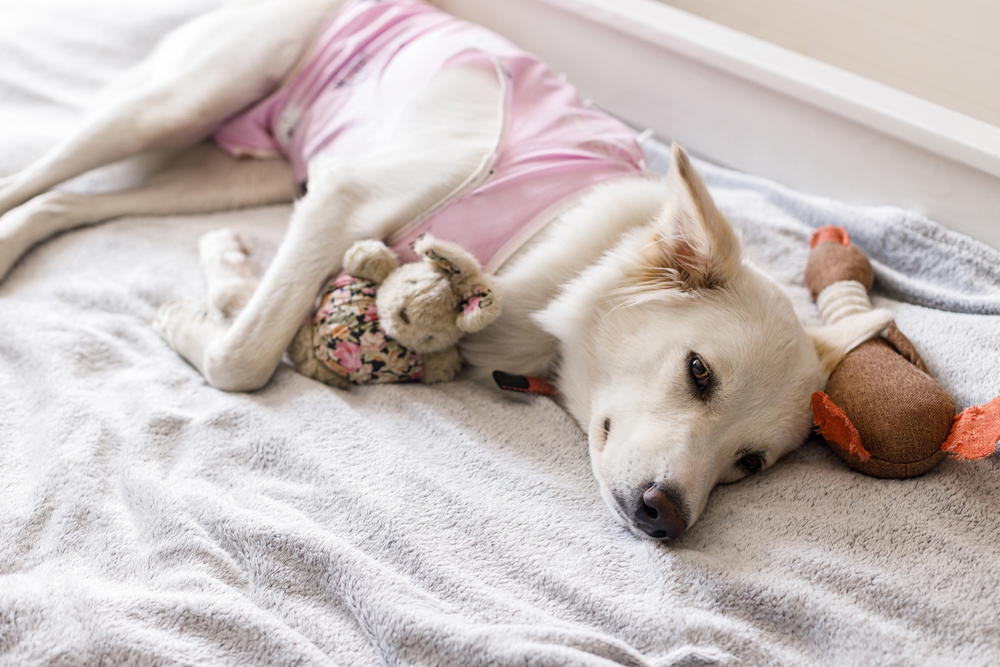

When you take on the responsibility of a pet, you're tasked with making decisions that will impact their health and quality of life. Neutering and spaying are among the most significant medical interventions you can choose for your furry companions. These procedures don't just prevent unwanted litters; they also have implications for your pet's behavior and overall well-being.
The Procedure of Neutering and Spaying
Neutering is a straightforward surgery where a male animal's testicles are removed. This is done under general anesthesia, and the recovery period is typically short. The incision is small and often requires minimal aftercare. Your pet will likely be back to their normal self within a few days, with some slight adjustments in their behavior over time.
Spaying is a more complex surgery that removes a female animal's reproductive organs. This process also requires general anesthesia, and the recovery period is a bit longer due to the nature of the surgery. Your pet will need rest and may have activity restrictions to ensure proper healing.
Both procedures are performed with the well-being of the animal in mind. Your veterinarian will provide detailed pre-operative and post-operative instructions to ensure the best possible outcome. It's essential to follow these guidelines closely to support your pet's recovery and adapt to any behavioral shifts that may arise.
What to Expect After the Procedure
The impact of neutering and spaying can vary from one animal to another, influenced by factors such as age, breed, and individual temperament. Initially, you may notice a decrease in energy levels as your pet recovers from surgery. This is normal, and their vigor should return as they heal. Some pets may experience a slight weight gain post-surgery due to a reduced metabolic rate, which can be managed with appropriate diet and exercise.
Hormonal changes can take time to settle, and your pet's behavior may gradually evolve over several weeks or months. Patience and understanding during this transition period are key.
Positive Effects of Neutering and Spaying on Pet Behavior
In males, neutering often reduces aggression, marking territory with urine, and the urge to roam in search of a mate. This can make your pet more content and less prone to engaging in fights or wandering away from home, where they could encounter danger. It can also alleviate certain dominant behaviors, allowing for a more harmonious relationship with humans and other animals.
For females, spaying typically results in the elimination of heat cycles. This means no more yowling, restlessness, or the mess associated with the cycle. Furthermore, it can prevent future behavioral issues linked to maternal instincts if your pet were to have offspring. Without the stress of these reproductive behaviors, your pet may become more relaxed and even-tempered.
Conclusion
As you consider neutering and spaying, remember that these surgeries are acts of responsible pet ownership. They contribute not only to the welfare of your animal companion but also to the well-being of the broader pet population.
If you're ready to take the next step on neutering or spaying your dog, visit Brekke Veterinary Clinic in our Castle Rock, Colorado, offices. Call (303) 474-4260 to schedule an appointment today.







